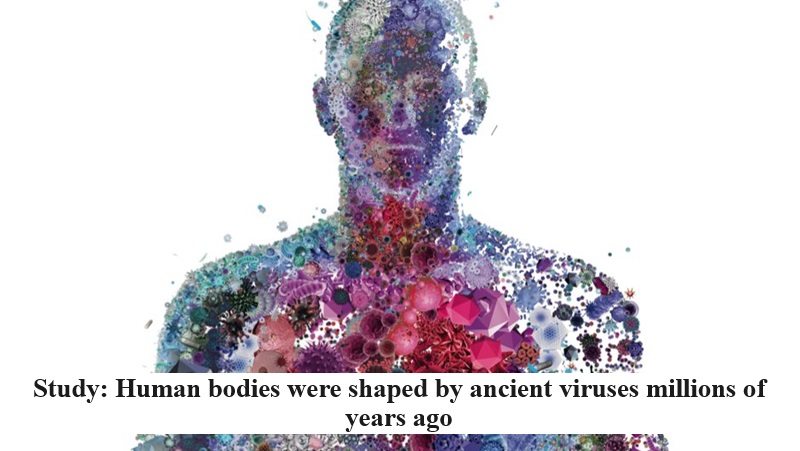
According to a recent study published in the journal Cell, millions of years ago, vertebrates were infected by an ancient virus, which subsequently played a crucial role in the evolution of advanced brains and large bodies in human beings.
The study focused on investigating the origins of myelin, a fatty tissue layer that forms around nerves, facilitating faster electrical impulse transmission. Researchers found that a gene sequence originating from retroviruses, which integrate into the host’s DNA, is essential for myelin production. This genetic code has been identified in modern mammals, amphibians, and fish.
Senior author and neuroscientist Robin Franklin from Altos Labs-Cambridge Institute of Science expressed astonishment at the findings, highlighting that the diversity and size of modern vertebrates, such as elephants, giraffes, anacondas, bullfrogs, and condors, would not have been possible without this viral influence.
The research team, led by computational biologist and geneticist Tanay Ghosh from Franklin’s lab, extensively examined genome databases to identify genes associated with myelin-producing cells. They particularly focused on exploring “noncoding regions” of the genome, previously considered functionless and referred to as junk DNA, but now recognized as having evolutionary significance.
Ghosh’s research led to the identification of a specific sequence derived from an endogenous retrovirus, named “RetroMyelin,” which has been present in our genes for an extended period. This discovery sheds light on the role of ancient viruses in shaping vertebrate evolution and highlights the evolutionary importance of seemingly nonfunctional genetic regions.

Post Your Comments